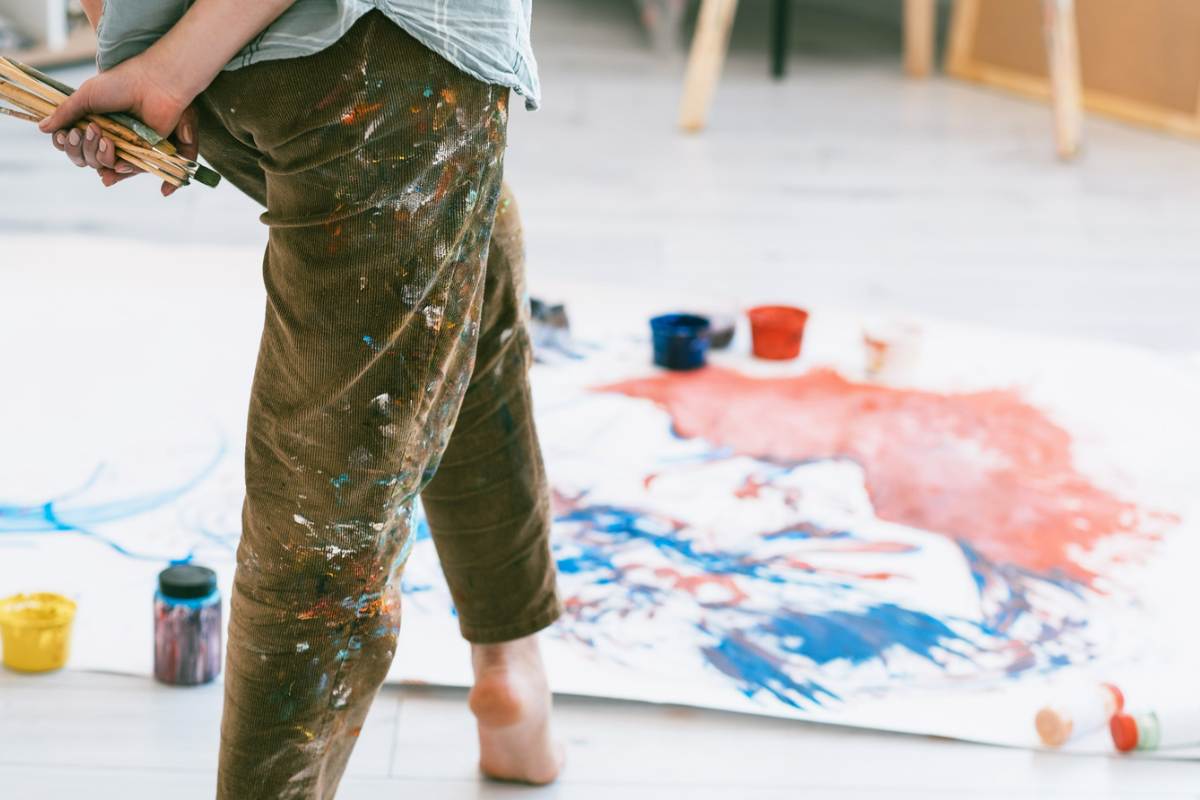
It is not new anymore that some artists use cannabis to enhance their performance in the arts, whether it be performing or visual arts. Artists claim that cannabis, such as budpop’s delta 8 carts, helps them enhance their creativity and stimulate their expressive prowess.
Some medical practitioners agree with this because studies show that cannabis affects the region of the brain linked to creativity. The frontal lobe, or frontal cortex, is known as the center of creativity.
Consuming CBD increases cerebral blood flow, and when a cannabis compound reaches the frontal lobe, it stimulates creative juices in some people. That is why it is likely that CBD can also be integrated into art therapy.
What is art therapy?
The Oxford Dictionary defines art therapy as a form of psychotherapy as a remedial activity or aid to diagnosis. There are institutions, therapeutic companies, and even universities that offer art therapy.
However, only licensed professionals are allowed to conduct art therapy among mental health patients. Recent trends connect cannabis use with art therapy. CBD, or cannabidiol, is now being introduced by some practitioners to supplement art therapy. However, the art therapy industry is still divided on the possibility of combining cannabis with art therapy.
Michael Buchert, a mental health practitioner and licensed therapist, is one of the supporters of cannabis use for art therapy. He believes that cannabis can greatly enhance the self-expression and creativity of his patients. He conducted an observation among his mental health clients on the use of CBD while painting.
To study the effect of CBD on art expression, he observed five adults high on cannabis during their art therapy session. The participants were asked to decorate a mandala circle using pencils, oil pastels, and markers. Michael Buchert found a significant difference in the mandala circles when compared with their work while sober.
He noticed that CBD art was free of technical art rules. The color was more expressive, unconstrained, and free from perfectionism. Although Buchert recommends the use of cannabis in art therapy, he admits that there are still ethical restrictions on its use. At present, therapists are not allowed to combine cannabis with their treatment.
Buchert expressed his concern for therapists who are not open to the use of cannabis in art therapy. He said that if they can’t be cannabis-informed therapists, they may miss an important element in holistic healing. Buchert advised therapists to be mindful of patients who are using cannabis for their own benefit.
Although the use of CBD in art therapy is not yet legally accepted, it is highly possible for it to be legally integrated in the future. Since most people who are into art therapy may be suffering from anxiety, depression, or any other mental health problems, the use of cannabis may come as a natural support.
Cannabis, being known to reduce depression and anxiety, may come as a good combination with art therapy in the near future. In the meantime, CBD and art therapy are still works-in-progress.

